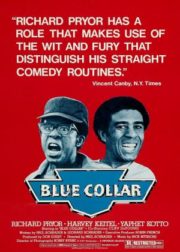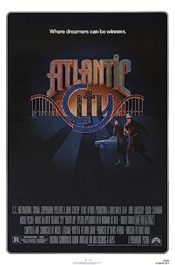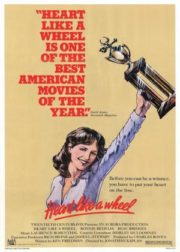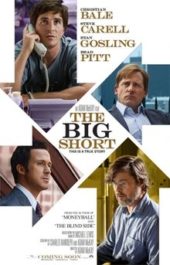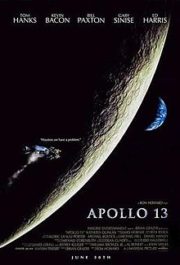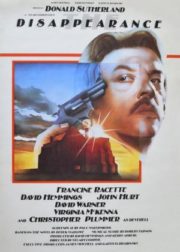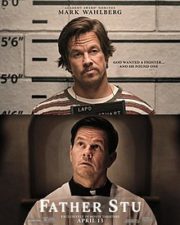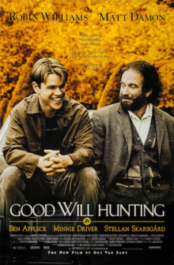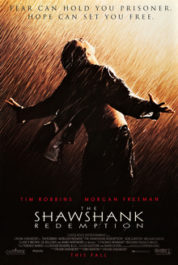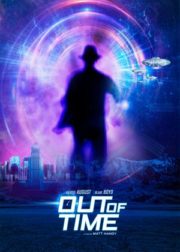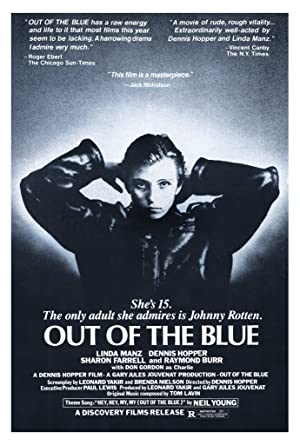
“Out of the Blue” is a 1980 drama film directed by Dennis Hopper, who also stars in the movie alongside Linda Manz and Sharon Farrell. The film follows the story of Cebe, a troubled teenage girl played by Linda Manz, and her unconventional and dysfunctional family.
Set in a small Canadian town, “Out of the Blue” explores themes of rebellion, alienation, and the search for identity. Cebe is a rebellious teenager struggling with the absence of her father, who is serving a prison sentence. She finds solace in punk rock music and idolizes Elvis Presley. Cebe’s mother, played by Sharon Farrell, is an alcoholic and negligent parent who fails to provide the guidance and support that Cebe desperately needs.
The film takes a dark turn when a tragic event shatters Cebe’s already fragile world, further alienating her from society and pushing her towards self-destructive behavior. As she grapples with her emotions and the disintegration of her family, Cebe seeks refuge in a fantasy world of her own creation.
“Out of the Blue” is known for its raw and unflinching portrayal of teenage angst and rebellion. The performances are captivating, particularly Linda Manz, who delivers a powerful and haunting portrayal of a young girl on the edge of despair. Dennis Hopper’s direction is marked by its intensity and emotional authenticity, capturing the bleakness of the characters’ lives and the oppressive atmosphere of the town.
The film received mixed reviews upon its release, with some praising its rawness and uncompromising depiction of troubled youth, while others found its dark and gritty nature unsettling. Despite its initial reception, “Out of the Blue” has gained a cult following over the years and is recognized for its exploration of societal disillusionment and the emotional turmoil of adolescence.
In conclusion, “Out of the Blue” is a gritty and emotionally charged drama that delves into the troubled world of a rebellious teenager and her fractured family. With its raw performances and uncompromising portrayal of adolescent turmoil, the film offers a stark and often disturbing glimpse into the lives of those on the fringes of society. Dennis Hopper’s direction and Linda Manz’s powerful performance make “Out of the Blue” a memorable and thought-provoking entry in 1980s cinema.
Submit your review | |
Out of the Blue, released in 1980 and directed by Dennis Hopper, is a powerful and uncompromising film that delves into the lives of individuals on the fringes of society. This raw and gritty drama follows the story of Cebe (Linda Manz), a troubled teenager grappling with her own inner demons while navigating a tumultuous world.
The film explores themes of rebellion, alienation, and the search for identity. Cebe, a young girl who idolizes punk rock and rebels against authority, serves as a symbol of the restless youth yearning for freedom and self-expression. Linda Manz delivers a remarkable performance, infusing Cebe with a mix of vulnerability and defiance, capturing the complex emotions of adolescence.
Dennis Hopper's direction brings a raw and unfiltered quality to the film, reflecting the harsh realities of the characters' lives. The cinematography and editing contribute to the film's gritty aesthetic, emphasizing the bleakness and despair of their surroundings. The use of punk rock music, including songs by Neil Young, adds an additional layer of rebellious energy to the film, encapsulating the spirit of the era.
Out of the Blue excels in its portrayal of flawed and multi-dimensional characters. Cebe's father, Don (Dennis Hopper), is a former trucker and an ex-convict struggling to find his place in society. While imperfect, Don's love for his daughter shines through, and their complex relationship serves as the emotional core of the film. The supporting cast, including Sharon Farrell as Cebe's mother and Raymond Burr as a sympathetic police officer, delivers strong performances that further enhance the authenticity of the narrative.
The film does not shy away from exploring the darker aspects of human nature, tackling themes of addiction, tragedy, and the consequences of reckless behavior. It presents a stark and unflinching portrayal of the consequences of personal choices and the impact they have on both individuals and those around them. The story is both heartbreaking and thought-provoking, challenging the viewer to reflect on the complexities of human existence.
Out of the Blue stands as a testament to the power of independent filmmaking, offering a unique and authentic voice in its depiction of marginalized characters and societal disillusionment. It captures the spirit of the late 1970s and early 1980s, a time of cultural upheaval and social unrest. While it may not have achieved mainstream success upon its initial release, the film has gained recognition over the years for its unapologetic portrayal of a society in crisis.
In conclusion, Out of the Blue is a poignant and powerful film that tackles difficult themes with honesty and intensity. Its authentic performances, gritty visuals, and compelling narrative make it a standout entry in the realm of independent cinema. It serves as a reminder of the power of film to shed light on the human condition, even in the darkest of circumstances. Prepare yourself for an emotionally charged journey into the lives of those who exist on the outskirts of society with Out of the Blue.






